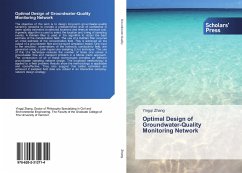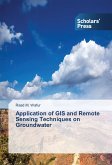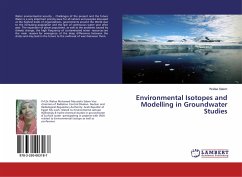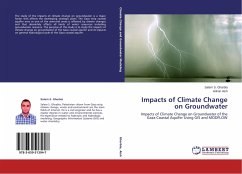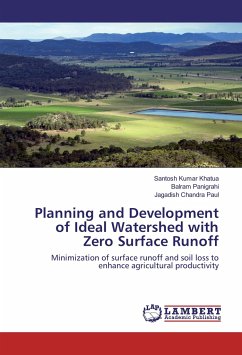The objective of this work is to design long-term groundwater-quality sampling networks to provide a predetermined level of confidence in water quality estimates at selected locations and times at minimum cost. A genetic algorithm is used to select the location and timing of sampling events. A Kalman filter is used in the algorithm to obtain the best estimate of the concentration field. The use of a Kalman filter requires an initial estimate of the concentration field. This is achieved as the output of a groundwater flow and transport simulation model. One input to the simulator, observations of the hydraulic conductivity field, are generated using a Latin-hypercube sampling (Lhs) technique. The use of this Lhs technique reduces the number of times one solves a groundwater flow and transport problem in a Monte Carlo approach. The combination of all of these technologies provides an efficient groundwater sampling network design. The proposed methodology is applied to a field problem. Results show the methodology is applicable and cost-effective. They also suggest that better estimates are achieved if sampled field data are utilized in an interactive sampling-network design strategy.
Bitte wählen Sie Ihr Anliegen aus.
Rechnungen
Retourenschein anfordern
Bestellstatus
Storno

